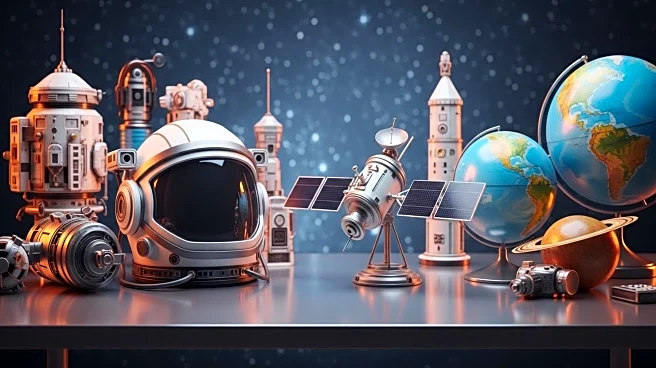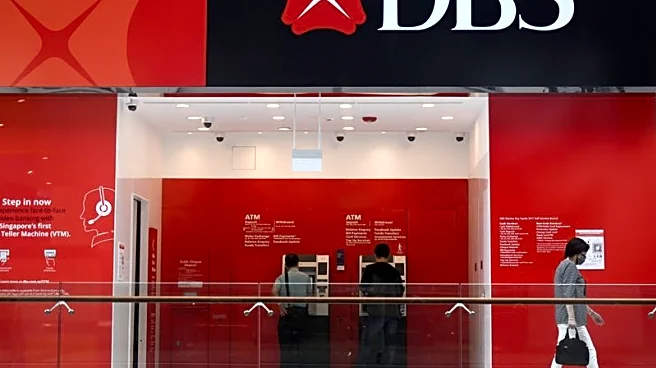What is the story about?
What's Happening?
A study from the Stevens Institute of Technology in New Jersey suggests that Mars mission crews should consist of a mix of personality types to optimize performance under stress. Using advanced computer simulations, researchers found that teams with diverse personality traits, such as openness and conscientiousness, perform better during long-term space missions. The study, published in PLOS One, highlights the importance of psychological diversity in maintaining resilience and effective teamwork during extended isolation and operational load.
Why It's Important?
This research could influence how NASA selects and trains astronauts for future Mars missions, emphasizing the need for psychological diversity alongside technical skills. By understanding the impact of personality traits on team dynamics, space agencies can enhance mission success and crew well-being. The study also contributes to broader discussions on team composition and resilience in high-pressure environments, potentially informing practices in other fields requiring teamwork under stress.
What's Next?
NASA and other space agencies may incorporate these findings into their astronaut selection and training processes, focusing on psychological diversity as a key factor for mission success. Further research could refine the model to account for dynamic personality changes over time, improving predictions of team compatibility and resilience. The study may also prompt additional investigations into the role of personality in other high-stress professions.
Beyond the Headlines
The study raises questions about the balance between technical expertise and psychological compatibility in team settings, suggesting a shift towards valuing diverse personality traits in high-stakes environments. It also highlights the potential for psychological research to inform practical applications in space exploration and beyond.

















